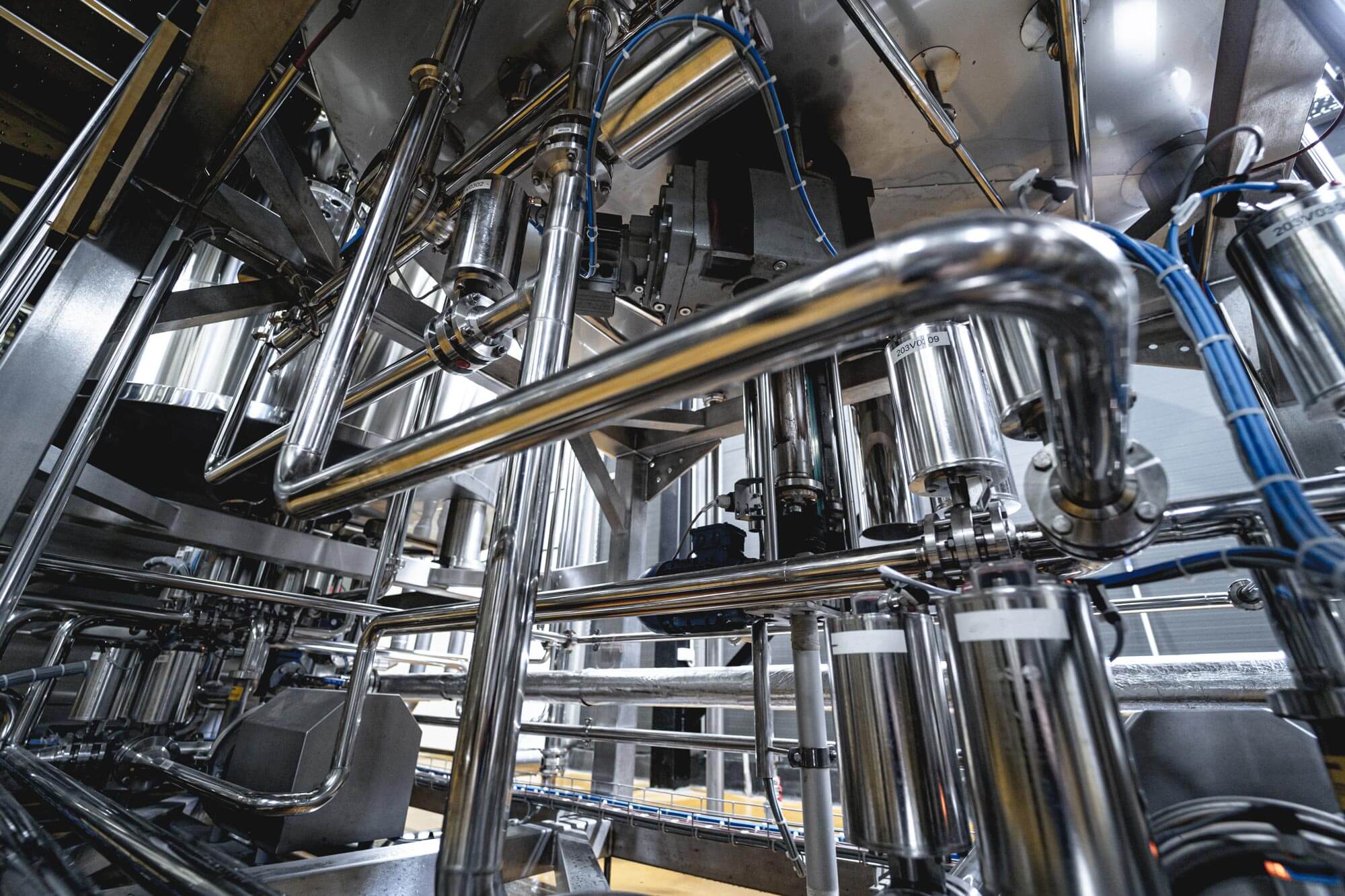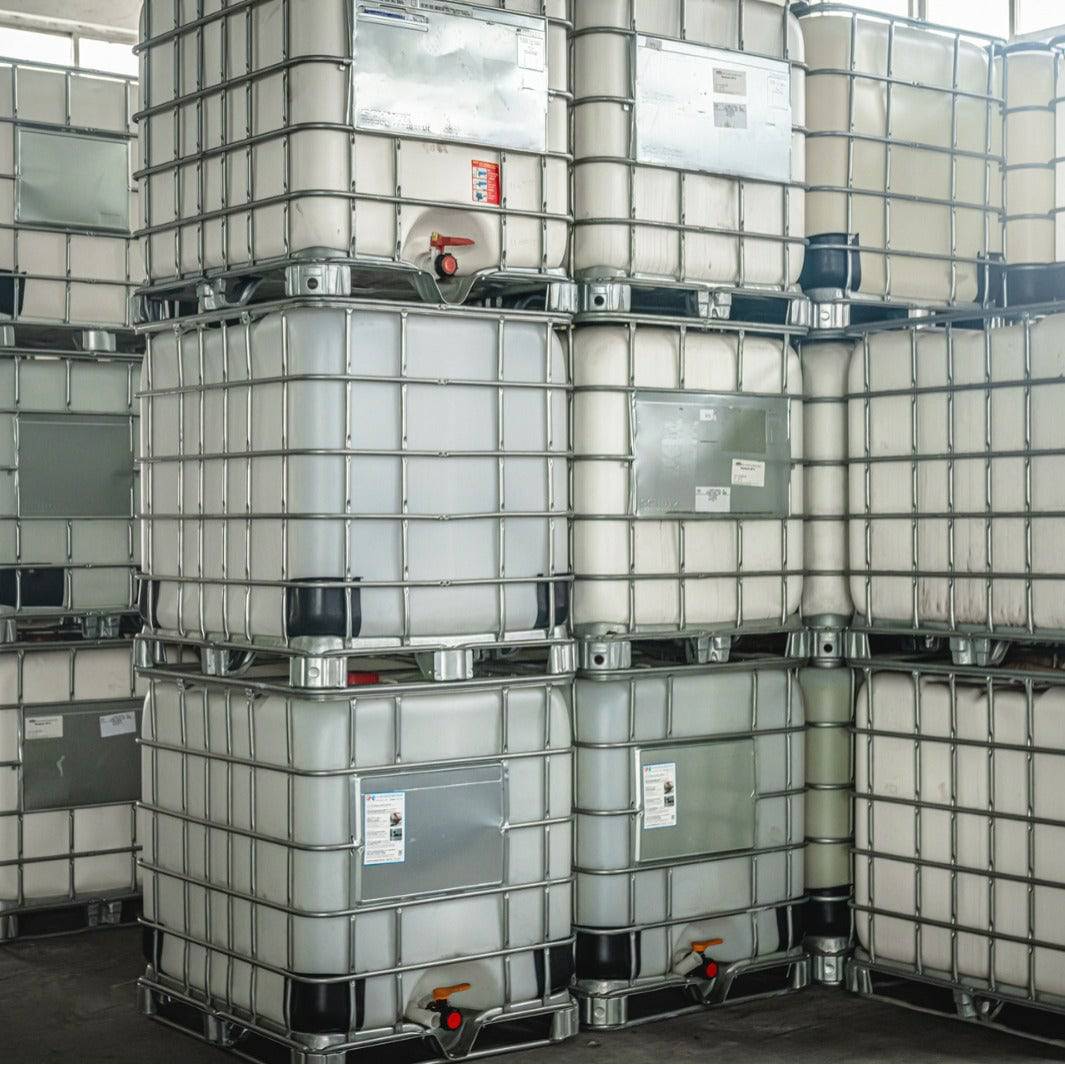Why Warm Transfer Fluid Is Important for Optimizing Energy Transfer in Equipment
The function of warmth transfer fluids in optimizing power transfer is pivotal for achieving efficient thermal monitoring across various industrial fields. These liquids assist in seamless warmth exchange, making sure procedures operate within ideal temperature level ranges and minimizing the threat of overheating.

Duty in Thermal Monitoring
Heat transfer liquids play a critical role in thermal administration by effectively managing temperatures in different commercial procedures and systems. These specialized liquids help with the transfer of warm between various elements, guaranteeing ideal operating problems and preventing overheating. By keeping exact temperature control, warmth transfer fluids enable sectors such as chemical production, oil and gas, and power generation to operate safely and effectively.
The selection of a suitable heat transfer fluid depends on a number of factors, including thermal stability, warm ability, and thickness. High thermal security ensures that the fluid can stand up to severe temperatures without degrading, while a high warm capacity permits it to take in and release substantial amounts of heat - heat transfer fluid. Reduced thickness minimizes the power needed for pumping, adding to overall system efficiency
Furthermore, heat transfer liquids are indispensable in applications like refrigeration, where they help absorb and dissipate heat during the cooling cycle. In solar thermal power systems, these liquids capture and transportation solar heat to create electrical energy or give warm water. Their adaptability to varied operating problems and ability to preserve consistent thermal efficiency underscore their significance in industrial thermal administration, promoting functional connection and boosting security measures.

Enhancing System Effectiveness
To make the most of the benefits of thermal administration, enhancing system effectiveness with the strategic use heat transfer liquids is vital. These liquids play an important function in enhancing power transfer by promoting consistent thermal law, which consequently affects the general performance and longevity of systems. Efficient warm transfer results in decreased energy losses, reduced functional prices, and boosted reliability of browse this site tools. By preserving optimal temperature levels, warm transfer liquids assist make certain that systems operate within their made specifications, thus protecting against getting too hot and reducing the danger of part failure.

Kinds Of Warmth Transfer Liquids
The variety of warm transfer fluids underscores their vital role in a variety of commercial applications, each customized to satisfy particular thermal management requirements. These liquids promote effective energy transfer and are selected based on essential homes such as thermal stability, thickness, and warmth capability. The primary kinds consist of water, glycol services, oils, and synthetics, each offering distinct advantages.
Water is you can check here the most typical heat transfer tool because of its high particular heat ability and affordable. Its use is restricted by its freezing and steaming points. Glycol blends, usually utilized in heating and cooling systems, provide a reduced freezing factor, adding convenience in different climates. Mineral oils are favored for their thermal security and non-corrosive nature, making them suitable for high-temperature applications.

These fluids ensure premium efficiency in systems where typical liquids might stop working. The choice of a warm transfer fluid is crucial, as it influences system my company efficiency, security, and durability.
Environmental and Economic Advantages
Utilizing the appropriate warmth transfer fluids supplies considerable ecological and economic benefits for industrial procedures. Environmentally pleasant heat transfer liquids, typically biodegradable and non-toxic, decrease the risk of dirt and water contamination in the event of leakages or spills, thus shielding communities and abiding with strict ecological regulations.
Financially, the ideal warm transfer fluid can considerably minimize operational costs. Liquids with extensive lifecycle efficiency decrease the frequency of substitutes and upkeep, minimizing downtime and connected costs. Overall, the strategic usage of optimum warm transfer fluids sustains lasting economic growth and ecological stewardship.
Selecting the Right Fluid
How does one browse the intricate procedure of choosing the ideal warmth transfer fluid for industrial applications? Thermal stability makes sure the liquid can withstand high temperatures without breaking down, while compatibility protects against corrosion or other destructive reactions with system elements.
In addition, the fluid's heat capacity and thickness are extremely important. A high warm capability enables the fluid to absorb and move more energy, boosting effectiveness.
Final Thought
The tactical option and application of warm transfer liquids are essential to maximizing energy transfer throughout various systems. By ensuring high thermal stability and ability, these fluids give exact temperature control and improve total system effectiveness.